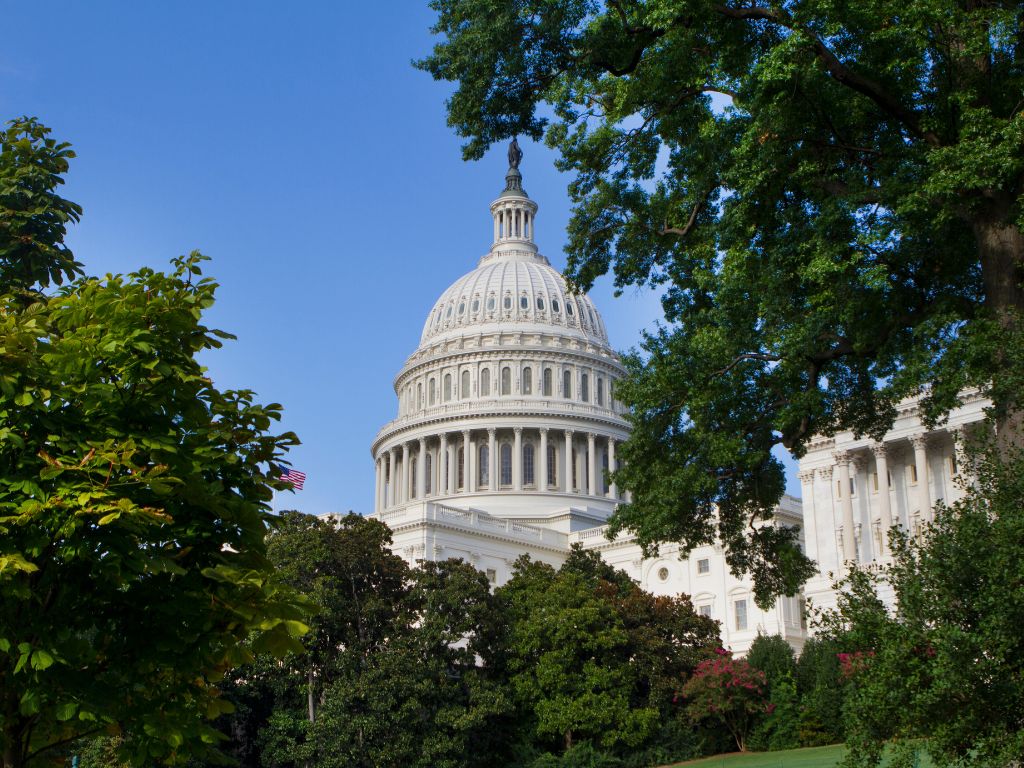Unveiling the Government Procurement Process

The government procurement process is a vital mechanism through which government agencies acquire goods, services, and construction projects from external vendors. Understanding this process is crucial for businesses seeking to compete for government contracts. In this blog, we’ll provide a detailed overview of the government procurement process, covering each stage and offering insights to help […]
